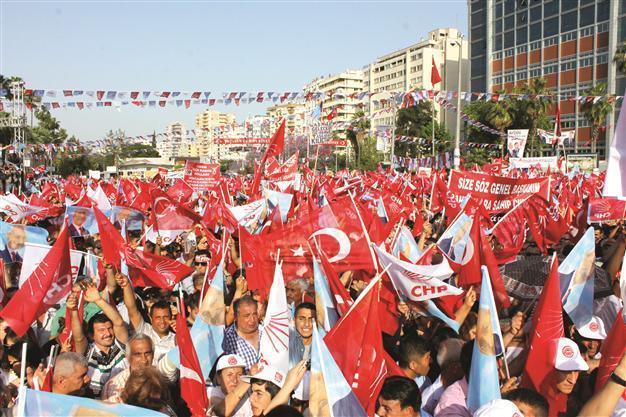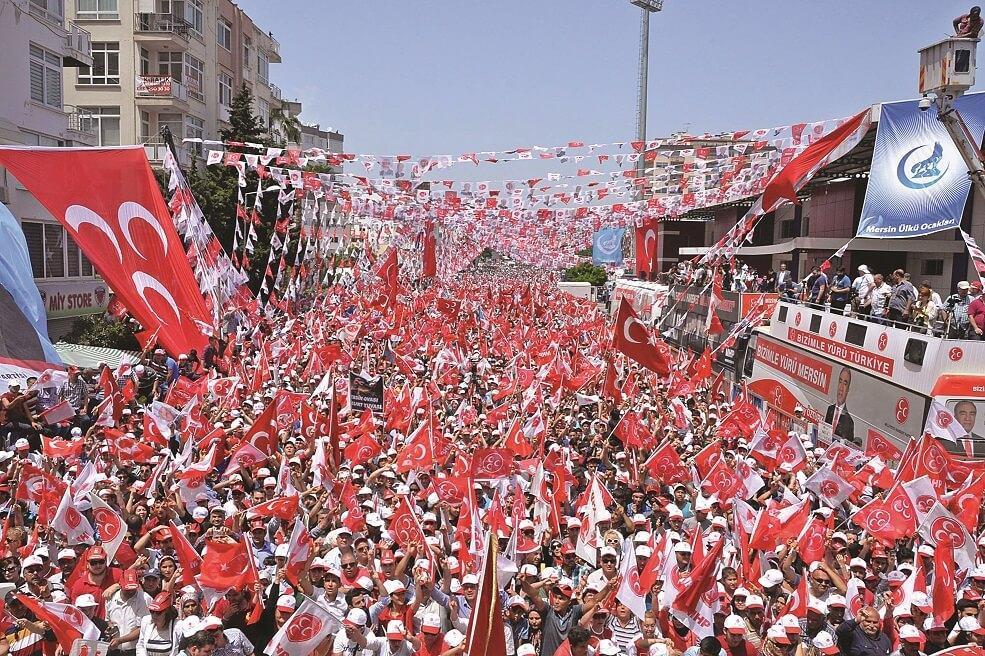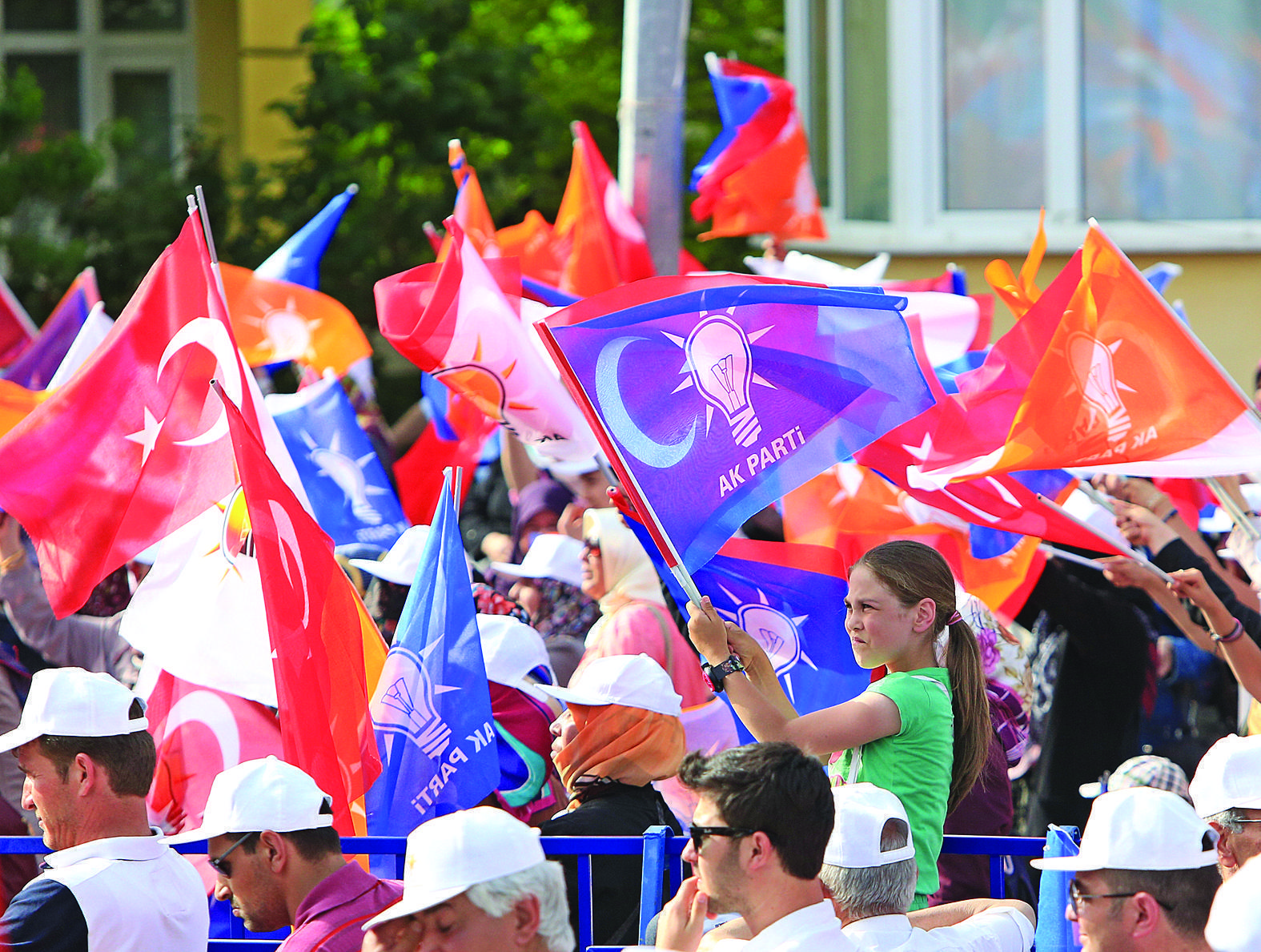The election will be tweeted: Turkish politicians’ test with social media
Emrah Güler - ANKARA
 “We are trying to write serious things on our Twitter accounts. But some of our ministers seem to be obsessed with Twitter. One of them boasts about his thousands of followers,” a skeptical Deputy Prime Minister and government spokesperson Bülent Arınç said last year in a press conference.
“We are trying to write serious things on our Twitter accounts. But some of our ministers seem to be obsessed with Twitter. One of them boasts about his thousands of followers,” a skeptical Deputy Prime Minister and government spokesperson Bülent Arınç said last year in a press conference.“Tweeting has become a disease. Click click click, sending tweets all day long,” Arınç continued his tirade.
“Respected people are boasting about how many tweets they have sent and how many retweets they have got. What nonsense! It has gone out of control. Off with the tweets.”
At the height of the Gezi Park mass protests across Turkey in the summer of 2013, panicked by the unprecedented use of social media, then Prime Minister Recep Tayyip Erdoğan had, in his usual condescending and angry tone, described social media as “the worst menace to society,” specifically citing Twitter.
However, fast forward to today, three weeks before the June 7 general election, both Arınç and Erdoğan seem to have hopped onto the Twitter bandwagon. Both active Twitter users, Arınç has 2.25 million followers with more than 2,000 tweets sent, while President Erdoğan has more than 6.3 million followers with more than 3,500 tweets sent. Erdoğan is the third most followed Twitter user in Turkey.
This year’s elections will be remembered, among many other things, as a milestone in the use of social media by politicians and the integration of social media into the campaigns - albeit mostly with no clear strategy. Almost all politicians and political parties have Facebook pages and Twitter accounts, which they use to varying degrees of effectiveness. This is the election when social media could no longer be ignored.


Active users, no interaction
While political leaders may have millions of Twitter followers, most hardly use the microblogging platform true to the nature of social media: As an interactive platform. They might be active users, or give the impression of being active users, but most politicians merely use Twitter as a place for announcements and to share speeches and press releases.
Take, for instance, Nationalist Movement Party (MHP) leader Devlet Bahçeli. You may not see any tweet for days, but then if you are a follower you are bombarded with tweets - his most recent speech or the latest press release divided into dozens of pieces of 140 characters.
Apart from a few names, you can hardly see tweets sent in the first person, only distant voices repeating party slogans. Almost all refrain from answering messages directed at them or engaging in dialogue with their followers.
There are a handful politicians who seem to have a grasp of how social media works, and can use it to their advantage. Peoples’ Democratic Party (HDP) Co-Chair Selahattin Demirtaş has been an active Twitter user for some time now. He is a true motivator, sending personal, informal tweets to his followers. While recently hindered by his hectic campaign schedule, he is still careful to answer relevant questions. One problem with his official Twitter account is that it is not verified, making it difficult to find and follow exactly the right account.
Main opposition Republican People’s Party’s (CHP) Secretary General Gürsel Tekin is another example of a politician at home with the dynamics of Twitter. Tekin is not one to shy away from following his followers, with over 2,000 people followed by Tekin. He has a personal, sincere online voice, occasionally sharing behind-the-scenes information that is lacking from other politicians. CHP Chair Kemal Kılıçdaroğlu may not have a particularly distinctive voice on social media, but it’s fun to watch him get riled up after one of Erdoğan’s public rallies.
Finance Minister Mehmet Şimşek is another good example of how to use Twitter effectively. The tone of his tweets is often intimate and he is not afraid to retweet. His Twitter feed is not entirely political, and occasionally features historical photos or quotes. Şimşek is one of two major politicians who use emojis in tweets. The other one is Ankara’s infamous mayor, Melih Gökçek. Gökçek is a notorious Twitter user, posting tweets in all-caps that mostly consist of insults and assaults.
May the best tweeter win.
















